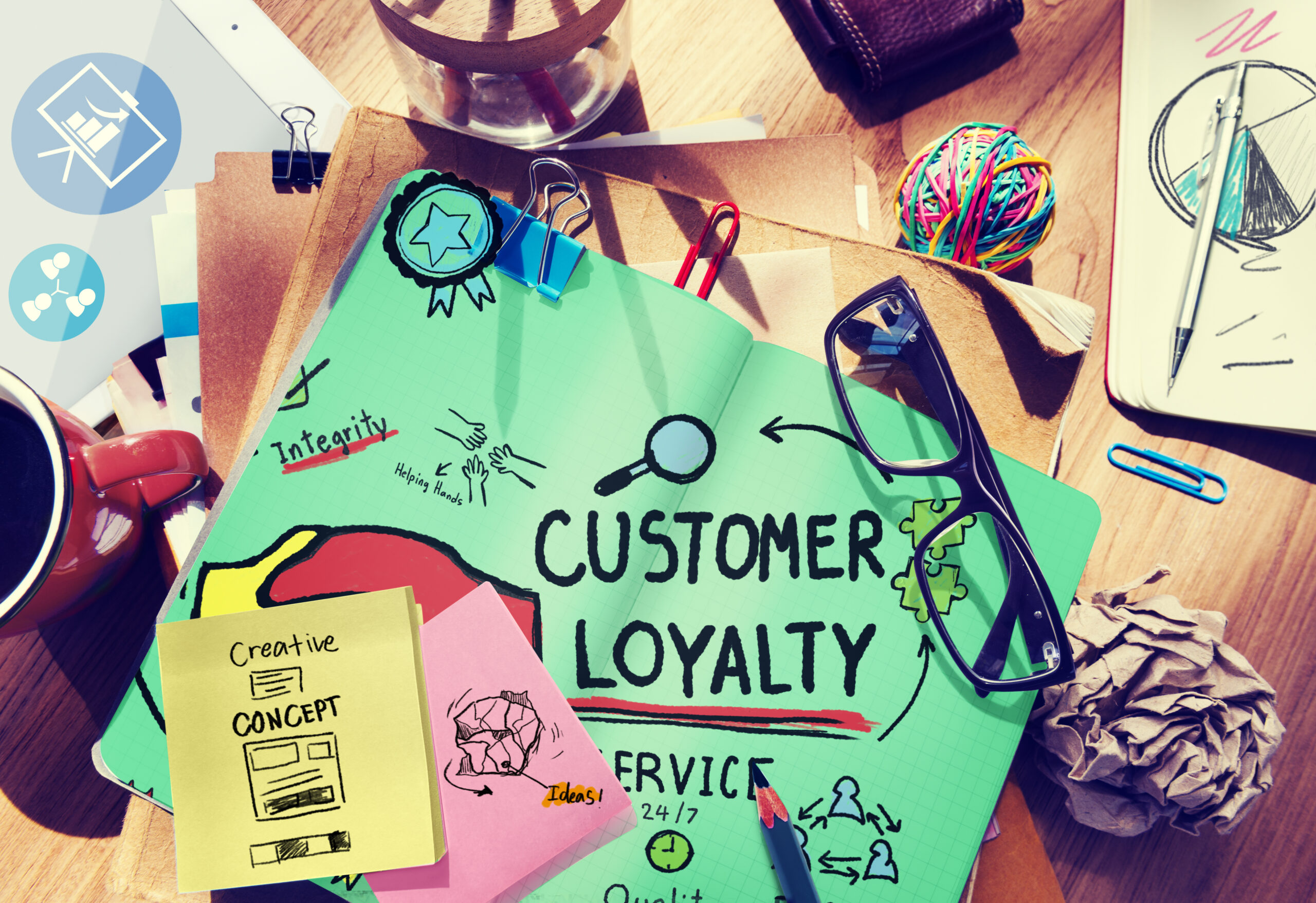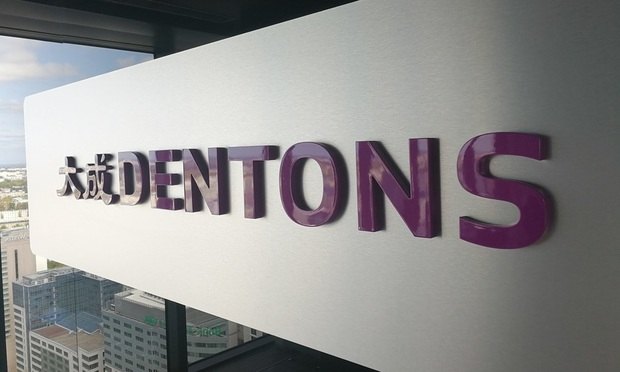Now Reading: Are Crypto and NFTs the Future of Loyalty Marketing?
-
01
Are Crypto and NFTs the Future of Loyalty Marketing?

Are Crypto and NFTs the Future of Loyalty Marketing?
NFTs have become the trendiest item in the crypto realm by 2021. NFT art has been developed and sold by celebrities, sports, politicians, businesses, and brands, generating millions of dollars.
However, digital art is not the only industry in which NFTs might thrive. This technology can improve and minimize the cost of many significant company activities, particularly loyalty programs, regardless of their scale or direction.
The value of loyalty program points
The results of a survey conducted by the Colloquy Center showed that in the US and Canada, more than 50% of loyal customers only accumulate bonuses but do not spend them, and more than 30% leave programs without even using the accumulated points. Experts believe that the reason is their large number. It has become difficult for an ordinary consumer to keep track of all the programs in which he participates.
In addition, since there are so many of them, the buyer has to accumulate points longer in order to take advantage of the benefits offered. Another report released by Maritz Loyalty Marketing says that 70% of consumers surveyed leave loyalty programs because it takes too long to accumulate the required number of points, from 6 to 9 months.
Thus, loyalty points lose their value in the eyes of the consumer and are no longer a sufficient incentive for him to return, as intended.
Consumer behavior has already changed
Several current global studies confirmed the same trend – users and consumers are more willing to receive rewards for loyalty to a company, product, or brand in cryptocurrency.
According to a study by Visa, 84% of consumers who already own cryptocurrencies are interested in receiving bonuses for purchases in crypto. Interestingly, this figure is also high among those interested in cryptocurrencies, especially in developing countries (85% vs. 82% overall).
The results of the Checkout survey, which involved 3,000 online platforms and trading platforms from 10 countries, showed that many companies and private entrepreneurs plan to actively use the opportunities of the NFT market to promote their own products and services. In particular, 62% of respondents declared their readiness to use non-fungible tokens as part of loyalty programs.
23% of respondents said they plan to launch payment in cryptocurrency by 2024. And 40% of respondents aged 18 to 35 want sellers to launch such a service before the end of this year.
What will blockchain bring to loyalty programs?
First of all, to saving money. For example, US companies are now paying $35 billion to process and service loyalty cards. Switching to crypto-bonuses will save at least 80% – processing in the blockchain actually costs nothing. It will be cheaper and easier to deploy such a system on the blockchain, and this opens the way for small businesses.
There are already intermediary companies that develop bonus programs for brands on the blockchain:
- Quibbee is developing turnkey programs for its own cryptocurrencies for brands.
- DigitalBits is developing a cashback system in cryptocurrencies for bonuses from PepsiCo and Mars loyalty programs in Canada.
The innovation may even improve the reporting of companies: now unused bonus points are accounted for as liabilities, and electronic money can be included in revenue.
There is also probably the first bonus for the users themselves – the absence of a long and dreary registration. If different retailers learn to link to their cryptocurrency wallet without unnecessary actions on the part of the user and simply send cashback there. As it is now happening with bank cards.
As per experts from buidlbee.com, the blockchain also solves the problem of storing user data, which is very relevant now. Personal information about customer preferences is stored in encrypted form. And only he decides to whom to transfer it.
There are already examples of loyalty programs on the blockchain:
- Nike & Plutus. Customers can receive rewards for every purchase in the Nike online store – up to 9% of the purchase amount, and in cryptocurrency – up to 3%
- Airbnb & Fold. Users can earn 3% cashback in Bitcoin for every Airbnb booking paid for with cryptocurrency.
- Starbucks & Polygon (MATIC). The program gives members access to a host of new experiences, including merchandise, artist collaborations, and exclusive events.
- HP & Continental. Based on the technology, filling stations will be able to offer drivers promotions, coupons, and other bonuses based on their location, speed, and fuel consumption.
Furthermore, companies can build their own collections of NFTs and distribute them specifically to loyalty program members, as Taco Bell, Burger King, Clinique, Louis Vuitton, Marriott Bonvoy, and other brands have done.
Burger King, for example, included QR codes containing NFTs in 6 million packages of “Keep It Real Meals,” the collection of which can result in various awards.
What are the prospects?
Research and Markets say that the worldwide loyalty program industry was worth $8.75 billion in 2021 and will increase at a CAGR of 16.88% during the projected period (2022-2027). The benefits of monetary value and the variety of applications might raise the appeal and value of cryptocurrencies.
Analysts and businesses have very high expectations of blockchain. Many entrepreneurs would like to implement blockchain just to improve their loyalty programs. At a minimum, save money, and at a maximum, ensure that the client does not run away to competitors after the first purchase.
Major players across all industries are revisiting their existing loyalty programs to take advantage of the opportunities cryptocurrencies have. The most effective and useful cryptocurrencies can simply be loyalty points. And the most numerous users of digital money have a chance to be those who have not even thought about it before.










